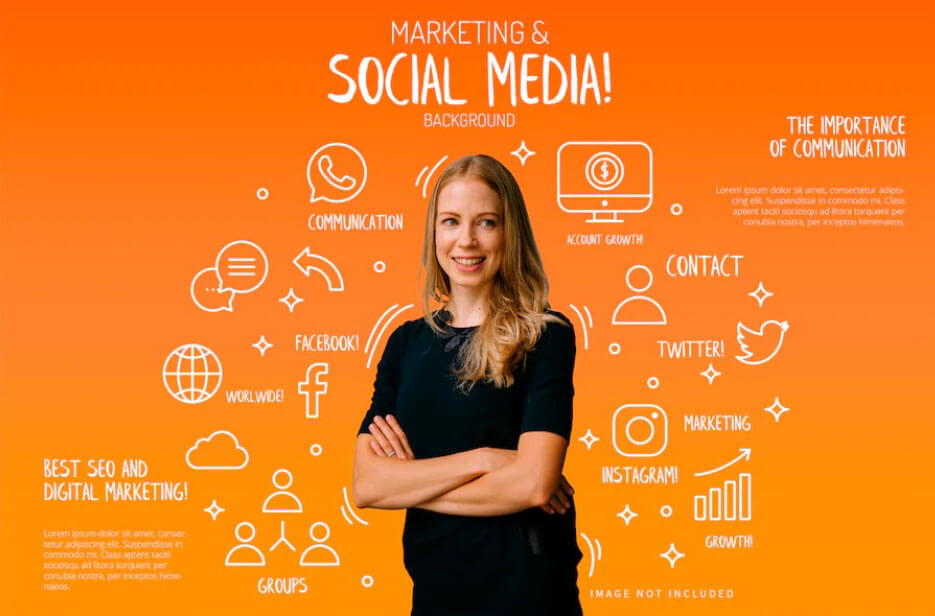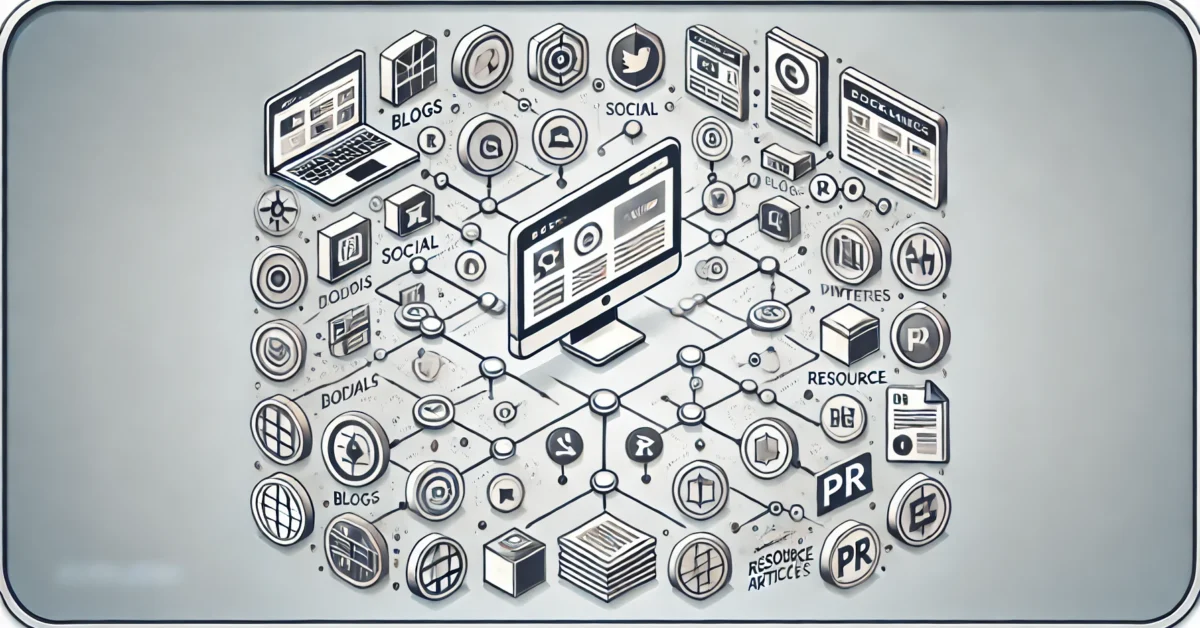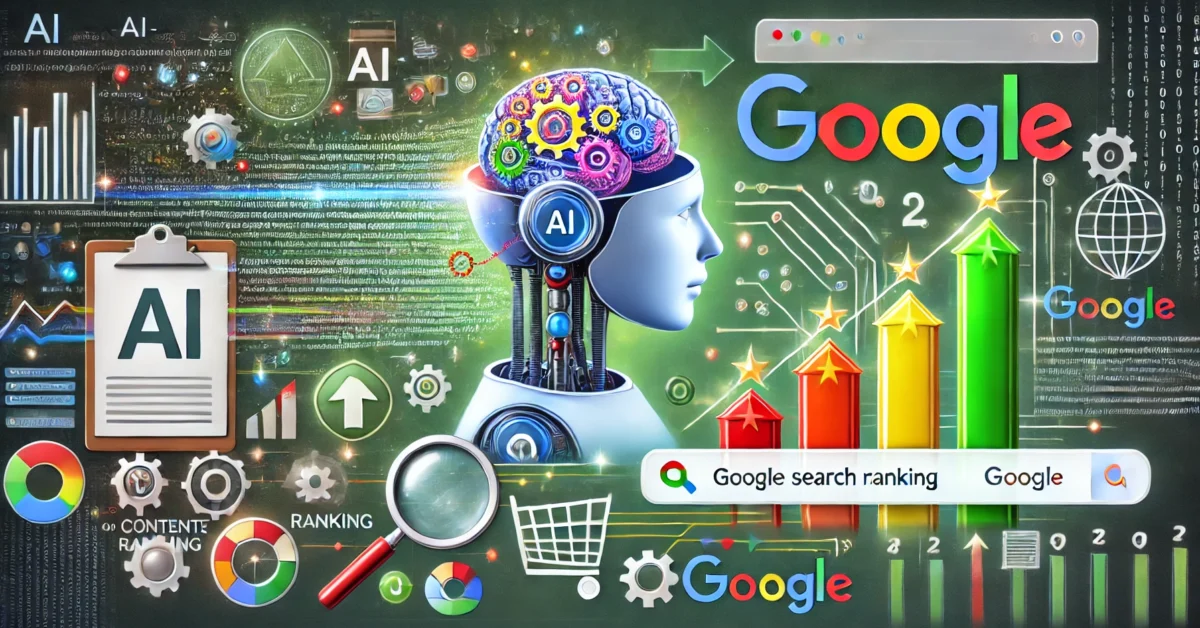Social media marketing is the process of creating and managing a social media presence which includes developing strategies and tactics for using social media, and measuring the effectiveness of social media campaigns.
Artificial intelligence (AI) can impact social media marketing in a number of ways. For example, AI could help companies create more effective social media campaigns by automating tasks that are currently done manually, such as scheduling posts, analysing data to determine how posts are performing, and steering the conversation in a particular direction. Additionally, AI could help companies analyse their social media platforms more systematically to identify opportunities for growth.
At present, however, there is little evidence that AI is actually impacting social media marketing in a significant way. While there may be some isolated cases where AI has helped improve campaign results, it is still too early to know whether or not wider adoption of this technology will have a significant impact on social media marketing as a whole.
Impact of AI on Social Media Marketing
Artificial intelligence (AI) is quickly becoming one of the most important tools for social media marketing. It can help you automate your posts, find new followers, and track your success. Here are three ways AI impacts social media marketing:
- Automation: You can post content automatically as per a predefined schedule. This can help you save time and effort.
- Data Collection: You can collect data about your social media activity. This information can aid in the development of your social media marketing plan.
- Social Media Monitoring: AI helps you monitor your social media activity and determine which posts are performing well. This information can help you continue to improve your strategy
Benefits of Using AI in Social Media Marketing
Artificial intelligence (AI) has the potential to improve social media marketing by automating tasks that are often time-consuming or error-prone. For example, AI can automatically generate and share content on behalf of a company, provide customer support, and analyze social media data. Additionally, AI can help identify customers who may be interested in a product or service, provide targeted advertisements, and create customer profiles.
- Automated content generation. AI can help generate content on behalf of a company, such as blog posts, tweets, and Facebook posts. This content can be tailored to appeal to a specific audience and can be generated quickly and easily.
- Increased accuracy and speed of customer support. AI can help automate customer support tasks such as responding to customer emails, providing live chat assistance, and issuing refunds. This saves time for employees and reduces chances of human error.
- Better targeting of advertisements. AI helps website marketing agencies in their pay per click campaigns. This increases the likelihood that customers will purchase products or services from a company.
- Creation of target customer profiles. AI can help companies create customer profiles based on multiple variables. This helps companies develop more targeted advertisements and improve their communication in an effort to respond more effectively to customer requests.
- Customer service training. AI can be useful for training customer service representatives in order to increase the effectiveness of their services. While human employees will still be needed, AI bots can provide them with knowledge that is specific to the company’s needs and purposes, allowing them to suggest solutions that are unique to a certain situation or problem.
- Automating repetitive tasks such as data entry, research and writing content. Data-entry errors are often made by human employees who may make inaccurate data entries. In some cases, mistakes can be avoided by utilizing artificial intelligence in a program that can increase speed as well as accuracy.
- Helping with technical support, automated error correction and troubleshooting. AI bots can help resolve problems on computers and other devices quickly, efficiently and accurately while saving valuable time for customers.
- Providing customer service supervisors with information such as customer history, account balances, payment method details and more, which they then use to make decisions regarding new customers or existing customers’ satisfaction levels.
- Research of trends in demand to help the company determine what its product needs to be in order to satisfy specific preferences of its customers.
- The ability to detect and correct mistakes and oversights in pricing, discounts and applying coupons to order modifiers.
Tips on Using Artificial Intelligence in Social Media Marketing
Artificial intelligence has the potential to impact social media marketing in a number of ways. For example, it can help to automate tasks such as content curation and analysis, which can free up time for managers to focus on more important aspects of their job. Additionally, AI can help identify trends and patterns in social media data that could otherwise be difficult to discern. In some cases, AI can also be used to create custom content specifically designed to appeal to a given audience. While there are many potential benefits associated with the use of AI in social media marketing, it is important to remember that nothing is ever truly foolproof. Accordingly, it is always best to exercise caution when implementing these technologies into your overall strategy.
Examples of Successful Social Media Marketing with Artificial Intelligence.
Artificial intelligence (AI) is quickly becoming one of the most important tools in social media marketing. It can help you understand your audience better, automate tasks, and create more effective content. Here are three examples of how AI has helped social media marketers achieve success.
- Samsung used AI to create a personalised message for each individual user on its Twitter account. The goal was to increase engagement and loyalty among Samsung’s followers. The results? Samsung saw a 71% increase in retweets and a 44% increase in likes from its tweets using AI.
- Salesforce used AI to predict customer behaviour on social media. This allowed the company to create targeted ads and messages that would be more likely to appeal to customers. The results? The company saw a 614% increase in leads from its social media efforts using AI.
- Airbnb used AI to analyse billions of conversations on its platform to improve customer service and make recommendations for guests. With this data, Airbnb was able to reduce wait times for guests, identify problems early, and even suggest solutions before they happened.
Conclusion
Social media has become an essential tool for businesses of all sizes to connect with their customers. But how do you make the most of social media when it comes to marketing? Digital Marketing Companies now use artificial intelligence based tools to help track social media performance and identify trends over time. This can give your business a leg up on the competition by helping you identify areas where you can improve engagement and reach more people with your message.






